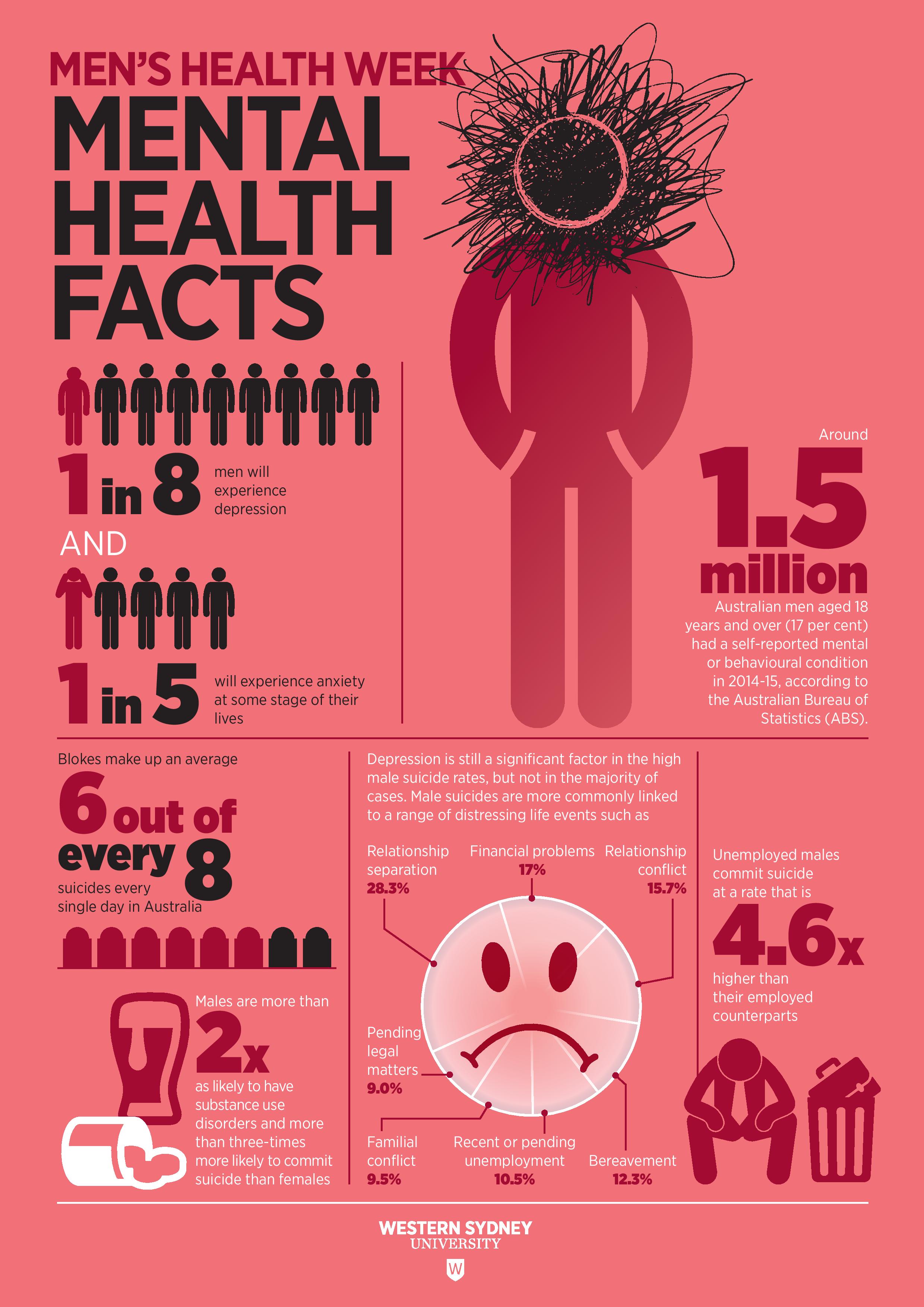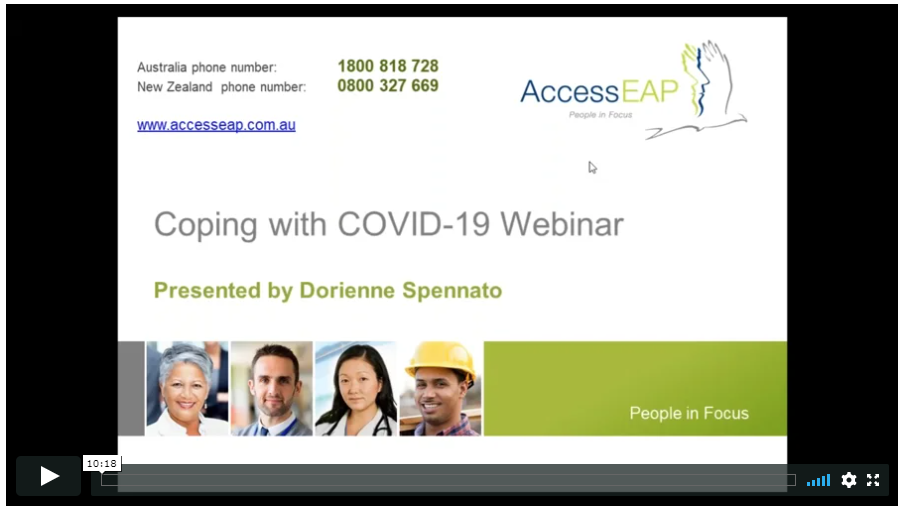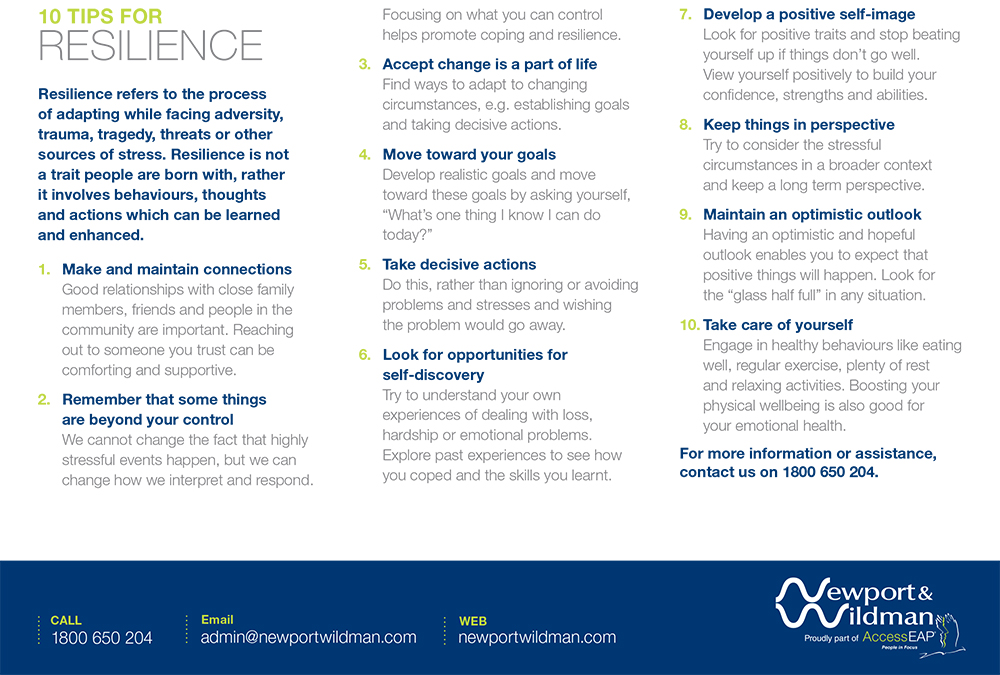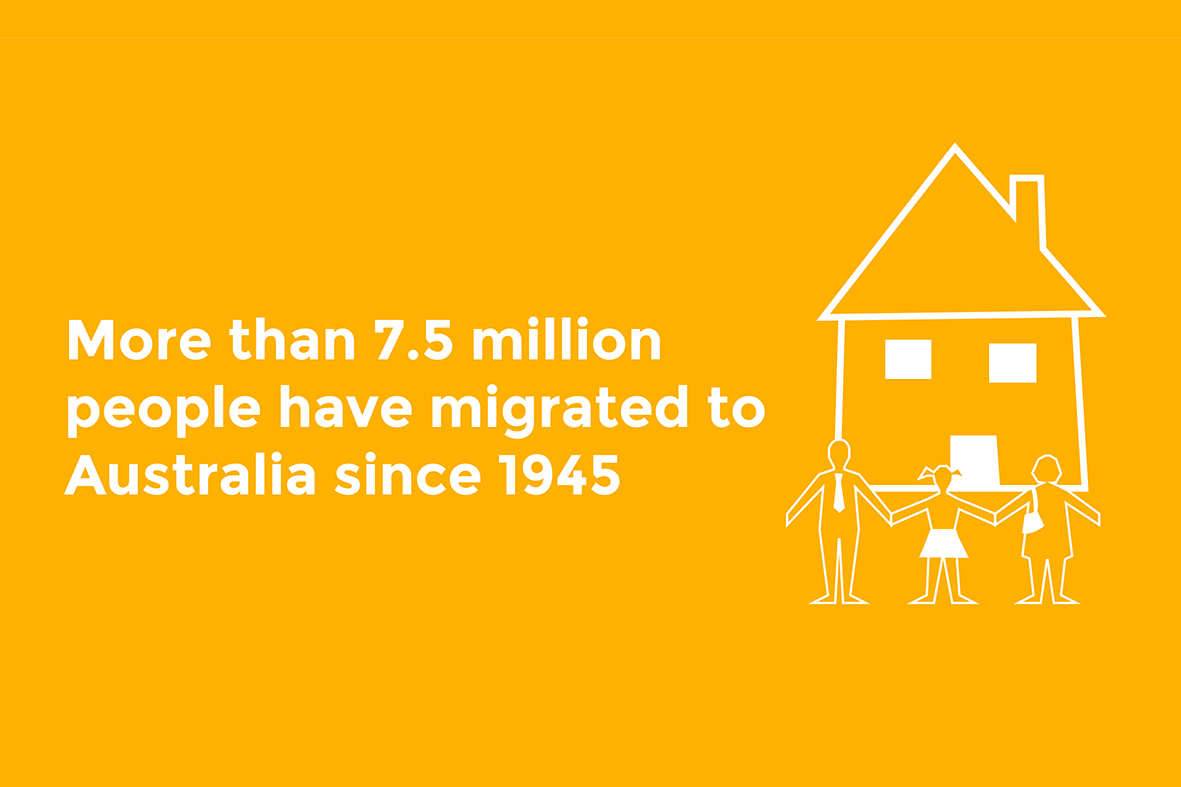Newport & Wildman is proudly part of AccessEAP. This month we have a message from Sally Kirkright, CEO, AccessEAP.
Boosting your overall health during the pandemic
Last month I wrote about adapting to the new normal. As I write in August, the goalposts have moved again, highlighting the importance of maintaining some stability during change and uncertainty. There's no single factor that works better than another or that will be the answer to all we are experiencing. When we talk about mental health and wellbeing we need a combination of strategies which are interconnected. Together they can make a difference. Let's look at food, exercise and environment.
Even though we are modern beings, half of our brain is still our evolutionary brain, keeping us alive when resources are in short supply. Wonder why we eat when stressed? It's our way of keeping fuelled up in case a sudden threat makes us need energy to flee. Why sugary or fatty foods? When our ancestors lived nomadic lives, fruit was our only source of sugar – if you came across a tree laden with fruit, you would eat as much as you could before competitors did. That urge to binge is still here even if we don't fear a shortage of fruit. Or Tim Tams. Likewise, greasy food converts into energy for fight-or-flight. That urge to prep our bodies is instinctual when stressed. (Unfortunately, knowing why your evolutionary brain tells you to eat chocolate or chips doesn't mean your modern body should, at least not daily!)
We all know it's essential to prioritise exercise and relaxation in this incredibly stressful year but never has the saying "easier said than done" been more true. A lack of exercise may be compounded by working from home. Routines which provide incidental exercise such as walking to the bus and leaving the building at lunchtime can easily slip away. Sitting at a laptop all day means your eyes get strained, your posture contracts and indeed your whole world can feel like it's shrinking.
Fight-or-flight is activated in stressful times, so in a pandemic, we are operating at low-level, permanent fight-or-flight status. Feeling housebound, ongoing distressing news, feeling like you are always 'on' because "Working From Home" can feel like Working 24 Hours. This keeps our cortisol hormones elevated.
Getting out and moving works! Being in sunlight, just walking in nature has calming effects on our brain. If/when you can't currently go outside to exercise I practice Yoga daily and it can be done anywhere. Similarly getting up and walking around while on the phone (not all communication has to be via Zoom) and setting regular intervals to stretch and drink water. In addition, exercise lowers stress and therefore reduces our tendency to want the unhealthy but tasty food.
Environmental factors have an impact. If you don't have a home office, a dedicated workspace at a table or in your kid's room can help and means you don't associate work with the sofa or your bed. Aim to get up at your regular hour and dress appropriately to mark the start of your workday, even if no-one from work sees you. While most of us transition from work to home with time in the car or on public transport, it's too easy to not have that end-of-day marker. Create your own routine: It might be shutting the laptop, putting it in a drawer and changing from 'office' wear into something casual. The dogs of Australia are finding that 5.30pm is suddenly the time that mum or dad go for a walk – a great transition activity to mark the end of the workday.
These are important psychological steps to help us feel that work is work, and home is our time. Finishing workdays in a symbolic way and resisting the urge to check emails all night are the emotional equivalents of washing your hands when you get home. These are all parts of our individual roles in fighting the virus. This is for all employees including leaders and HR who might prioritise the needs of their employees but leave themselves off the list of those who need to attend to self-care!
Looking after yourself requires a multi-layered approach. Good food. Downtime. Limiting media and scrolling. Meaningful routines. Exercise. Connecting with others. Accentuate the positive. Pause to be grateful. Put all this together, and our personal and national abilities to weather this storm magnify while promoting better health.
Sally Kirkright, CEO AccessEAP






